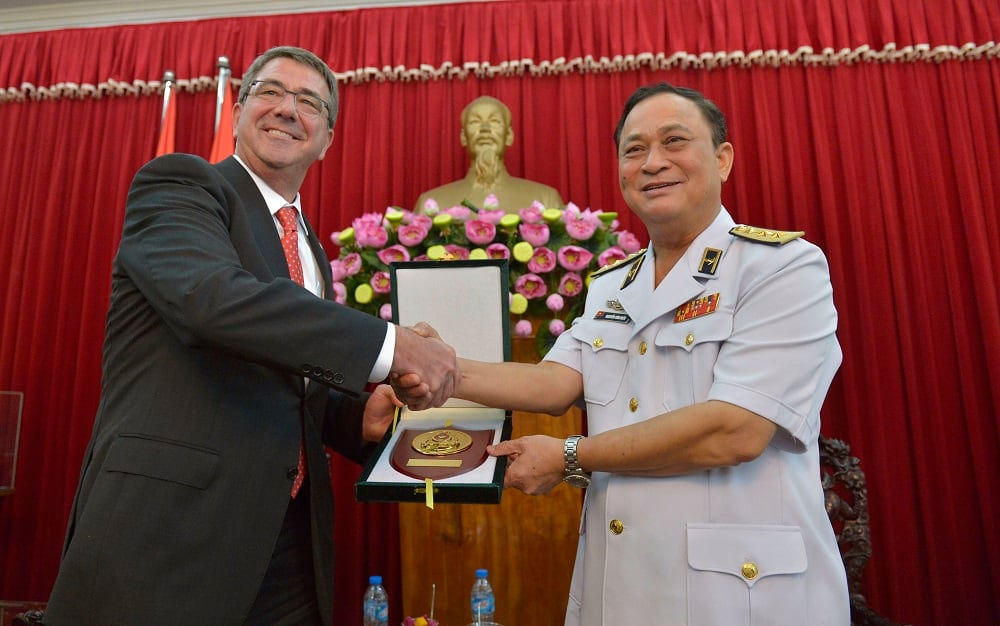Defense officials get the strangest stuff from their international counterparts.
For proof, just take a look at the State Department’s annual list of the gifts federal employees received from foreign governments in 2017.
Most of the gifts are fairly standard, like clothes, jewelry, art or watches. Some are more extravagant, like the “Macallan Rare case black whiskey” that presidential adviser Jared Kushner received from Jordanian King Abdullah II bin Al-Hussein.
America’s defense officials received gifts from around the world, ranging from the extravagant to the useful to the downright bizarre — but due to government ethics rules, the officials probably couldn’t just pocket them.
RELATED

Former Secretary of Defense James Mattis wound up with three different blades, including a “sword with medusa head hilt” from then-Greek Defense Minister Panos Kammenos and a “saber, accompanied by scabbard clad in reptile skin” from then-Qatari Defense Minister Hamad bin Ali Al Attiyah.
He also received two guns: a working FORT-224 assault rifle from Ukrainian President Petro Poroshenko and a replica pistol from Levan Izoria, Georgia’s minister of defense.
Maj. Gen. William B. Hickman, deputy commanding general of U.S. Army Central Command, was given a “knife/bayonet set” from Maj. Gen. Saeed Mabkhoot Louteya Al Ameri, the United Arab Emirates’ Land Forces commander.
Not all the presents were weapons.
Maj. Gen. Joseph Votel, commander of U.S. Army Central Command, received a new watch and an iPhone 7 from Qatar’s Al Attiyah.
Then there’s Army Command Sgt. Maj. John W. Troxell, the senior enlisted adviser to the Joint Chiefs of Staff. Among his weirder gifts: a “hand-carved ceremonial axe” from Daniel Broughton, a warrant officer in the New Zealand Defense Force.
He also got an avalanche of presents from the Chinese government, including three coffee mugs, two gold-tone tie bars, a box of military museum postcards, DVDs, cuff links, magazines and other random items.
All the gifts to government officials were symbolically accepted for the official reason that “non-acceptance would cause embarrassment to donor and U.S. government." But that doesn’t mean you’ll see an impressive foreign sword collection at Mattis’ home.
Due to government ethics rules, officials receiving the gifts likely had to either donate them or pay for their value.
According to the Office of Government Ethics, officials cannot accept gifts from a “prohibited source,” meaning someone whose professional interests are affected by that employee’s job. The goal is to avoid the appearance of any conflicts of interest.
Additionally, ethics regulations state that officials are only allowed to keep gifts valued at $20 or less. And even when individual gifts are below that threshold, officials are prohibited from accepting more than $50 worth of gifts by the same person in the same year.





